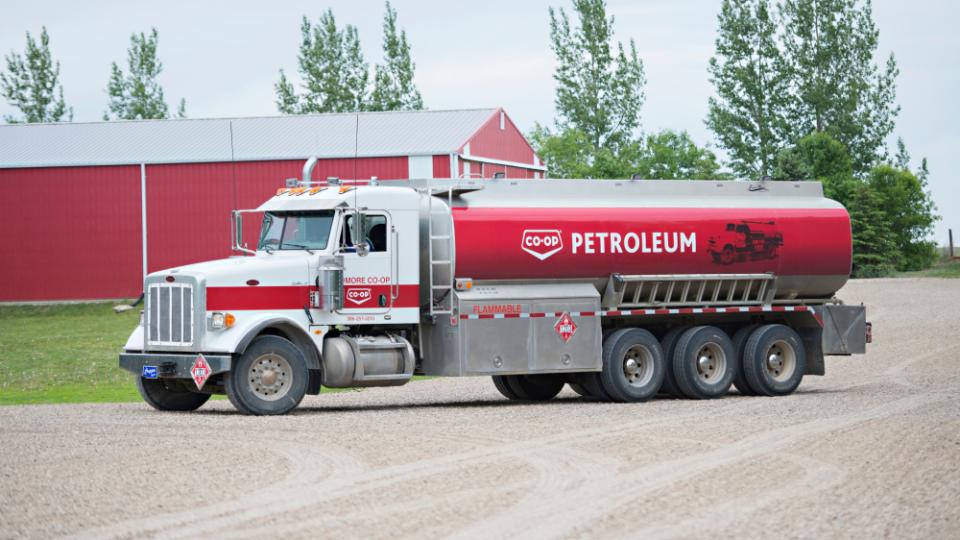KNOW YOUR DIESEL
 KNOW YOUR DIESEL
KNOW YOUR DIESEL

How well do you know your diesel?
Understanding the specifications of diesel fuel contributes to the overall maintenance of your vehicle’s engine. Get to know diesel a little better with the following terminology.
Flash point has a two-fold function. First, for safety in handling processes, flash point indicates the lowest temperature which, when applied to the fuel, will cause ignition. Second, a flash point that is below the minimum 52C (125F) indicates that the fuel has been contaminated (most commonly with gasoline).
Viscosity is a measure of the fuel’s internal friction, or, more generally, its ability to flow. Acceptable viscosity values for diesel fuel are between 1.9 and 4.1 centistokes at 40C (104F). Viscosity values outside of acceptable ranges can cause increased wear and poor fuel atomization through injectors, which leads to poor combustion and loss of power and fuel economy. All Co-op diesel fuels are tested before being sold to ensure that the viscosity provided is right for your equipment.
Sulphur in fuel is legislated federally through the Canadian Environmental Protections Act to be less than 0.001 per cent by mass. Combustion of fuel containing sulphur produces sulphur dioxide. High sulphur content in fuel will lead to premature wear in engines and increased particulate production that can increase the number of diesel particulate filter regenerations required.
Cetane number is a measure of how readily diesel fuel will combust. Higher cetane numbers indicate fuels that will combust more readily and are generally more desirable in diesel engines. Higher cetane numbers lead to reduced combustion noise and smoke, smoother engine performance and enhanced ease of starting in cold weather. The minimum cetane number for diesel fuel in Canada is 40.
Note that cetane number should not be confused with cetane index, which is an estimate of cetane number and cannot be applied to fuels with bio content or fuel that contains cetane improver.
Cloud point is the temperature in which crystal formation starts in diesel fuel. Crystal formation will give the diesel a cloudy appearance, hence the name cloud point. Crystals will readily redissolve into fuel when the temperature of the fuel is increased above its cloud point. The cloud point is an indication of the low-temperature operability of diesel fuel.
Pour point is a measurement that impacts the handling of fuel. To find the pour point, a sample of fuel is cooled at intervals of 3C (5F). The pour point is the lowest temperature at which the sample is seen to move when its container is tilted. Below the pour point temperature, fuel is a solid gel and will not readily flow.
Density of diesel fuel can be used to estimate its energy content. Higher densities will provide more power and fuel economy per litre of fuel.
To avoid excessive wear on moving parts – like fuel pumps and injectors – all fuel must have a minimum amount of lubricity. Poor lubricity can increase wear and, in extreme cases, cause failure. Co-op diesel contains enhanced lubricity additives to ensure that all fuels meet or exceed original equipment manufacturer requirements.
Co-op diesel blends are continuously changed in order to provide customers with the right fuel when they need it. The lighter components in winter diesel blends are required to ensure that fuel does not gel in winter months. Typically, winter diesel blends are available from the second half of September to the second half of April. However, this can vary by geography, and early delivery of summer diesel is available at most locations.
Contact your Pembina Co-op Fuel Team to learn more at (+1) 204-836-2473 or via email.
